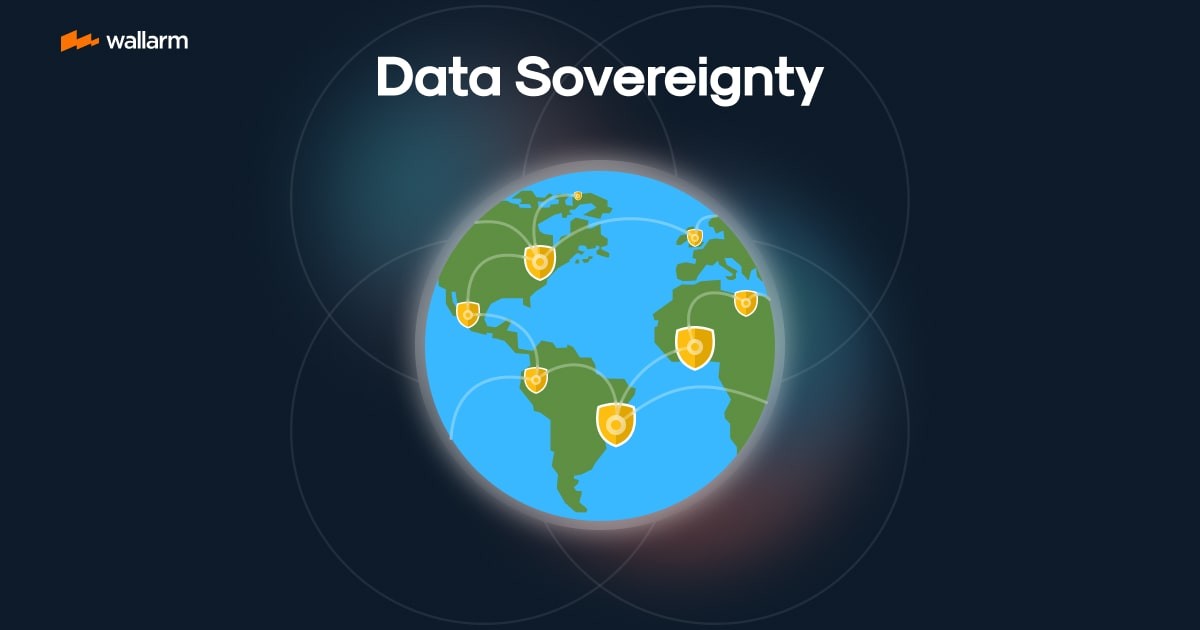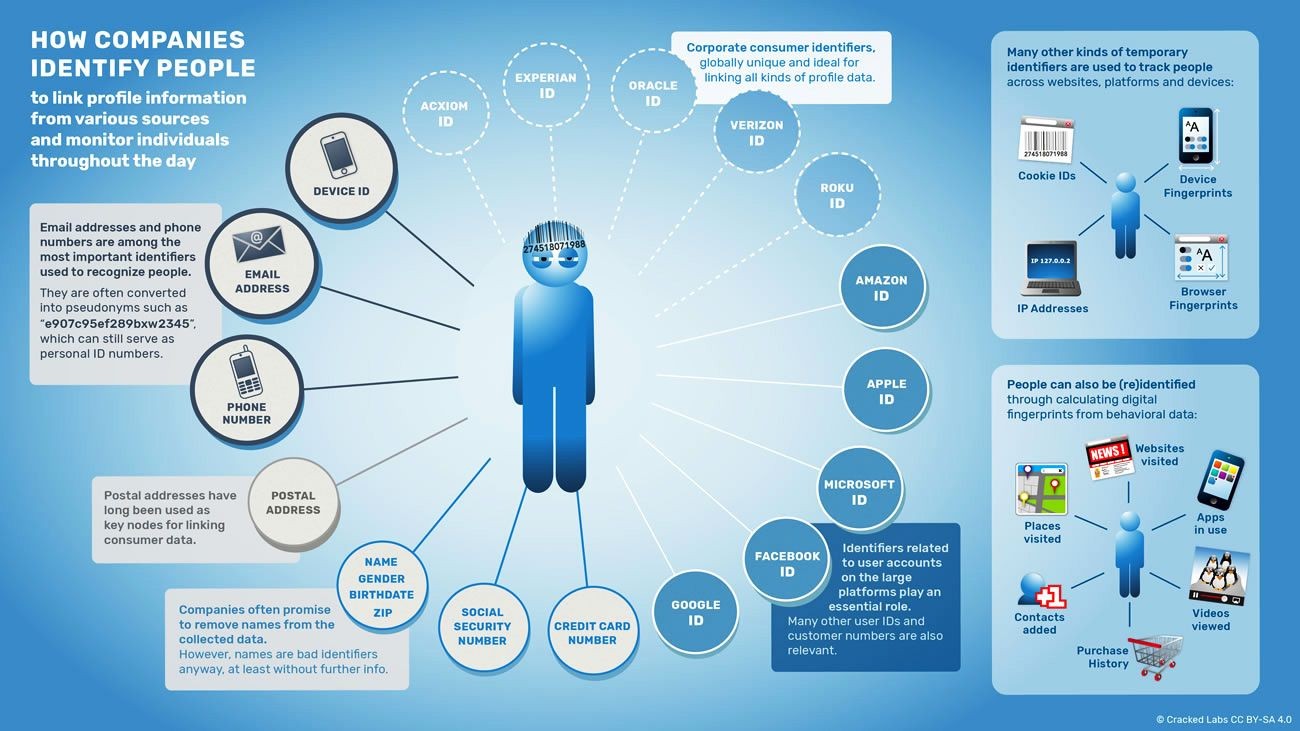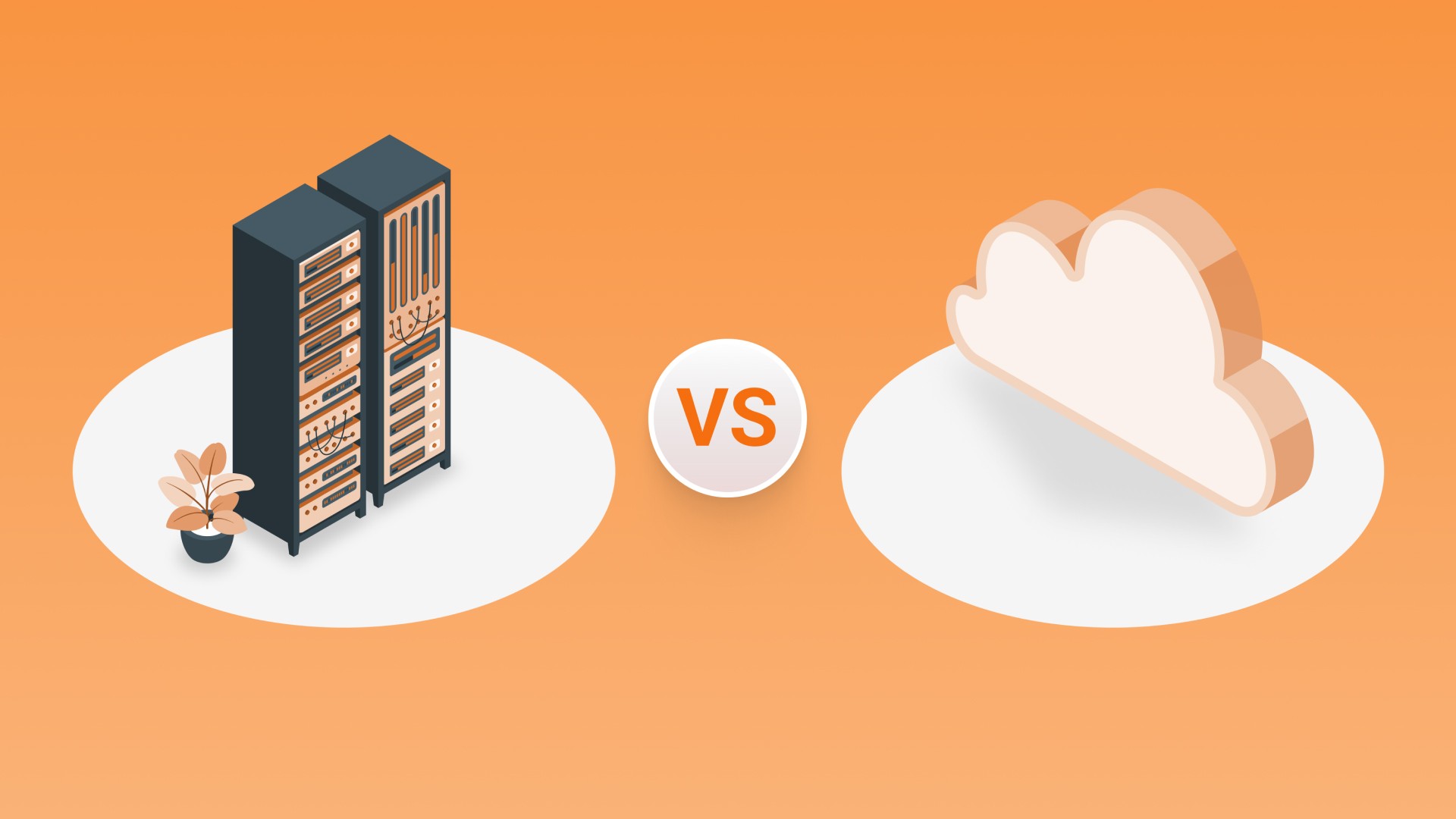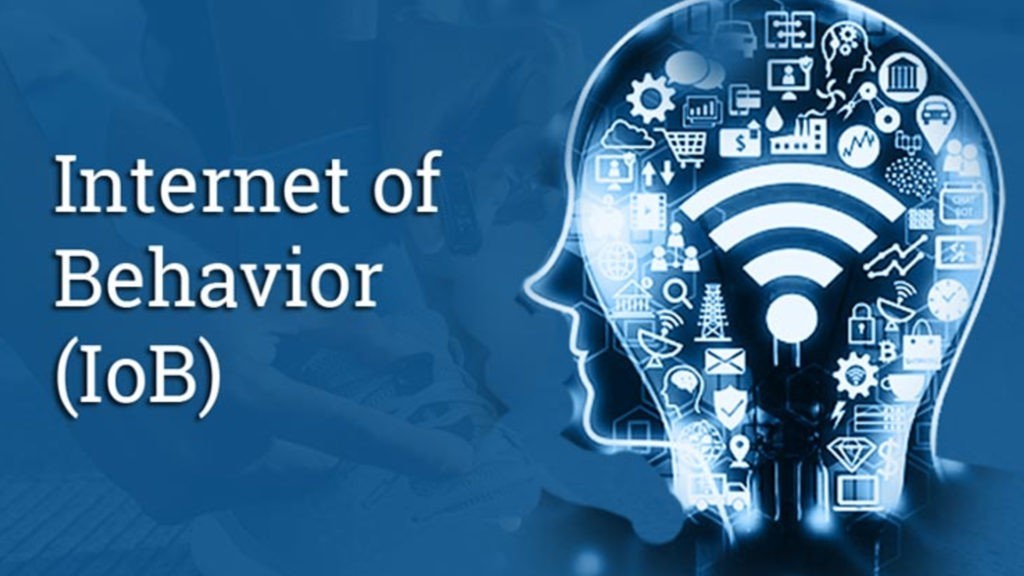In an increasingly digital world, personal data has become one of the most valuable assets individuals possess—yet it is often the least understood and the most casually surrendered. Every time someone browses a website, uses a mobile app, or interacts with a connected device, data is generated, collected, and analyzed. This data can reveal intimate details about preferences, behaviors, and even beliefs. For years, the control over this information has largely rested with corporations and platforms that monetize it, often with limited transparency. But a growing movement toward personal data sovereignty is beginning to shift that balance, empowering individuals to reclaim ownership and control over their digital identities.
Personal data sovereignty refers to the concept that individuals should have the authority to manage, access, and decide how their personal data is used. It challenges the traditional model where data is treated as a corporate asset and instead positions it as a personal right. This shift is not just philosophical—it has practical implications for privacy, security, and economic participation. When people have control over their data, they can make informed choices about who accesses it, for what purpose, and under what conditions. This autonomy fosters trust and accountability in digital interactions, which are essential for a healthy digital economy.
The power of personal data sovereignty becomes especially clear when considering the current landscape of data breaches and misuse. High-profile scandals involving unauthorized data sharing and surveillance have eroded public confidence in how data is handled. Consumers are increasingly aware that their information is being used to target ads, influence decisions, and shape online experiences—often without their explicit consent. By giving individuals the tools to manage their data, personal data sovereignty offers a path toward restoring that trust. It enables users to engage with digital services on their own terms, knowing that their privacy is respected and their choices matter.
Technology is playing a crucial role in enabling this shift. Decentralized identity systems, blockchain-based data wallets, and privacy-enhancing technologies are emerging as foundational components of a more equitable data ecosystem. These tools allow users to store their data securely, share it selectively, and revoke access when needed. For example, a user might grant a healthcare provider access to their medical history for a specific consultation, with the assurance that the data will not be retained or shared beyond that context. This level of control not only protects privacy but also enhances the quality of services by ensuring that data is accurate, relevant, and willingly provided.
Businesses, too, stand to benefit from embracing personal data sovereignty. When customers feel confident that their data is handled responsibly, they are more likely to engage, share information, and build long-term relationships. Transparency and consent become competitive advantages, distinguishing companies that prioritize ethical data practices. Moreover, regulatory frameworks such as the General Data Protection Regulation (GDPR) and the California Consumer Privacy Act (CCPA) are increasingly mandating greater accountability in data handling. By aligning with these principles, businesses can reduce compliance risks and position themselves as leaders in digital trust.
The economic implications of personal data sovereignty are also significant. As individuals gain control over their data, new models of value exchange can emerge. People may choose to share their data in exchange for personalized services, financial incentives, or social benefits. This creates opportunities for data marketplaces where consent and compensation are built into the transaction. It also encourages innovation in how data is used, as organizations must compete not just for attention but for trust. In this model, data becomes a shared resource rather than a commodity extracted without consent.
Education and awareness are essential to realizing the full potential of personal data sovereignty. Many users are still unaware of the extent to which their data is collected and how it is used. Empowering individuals requires not only technical tools but also clear communication and accessible interfaces. People need to understand their rights, the value of their data, and how to exercise control effectively. This is where collaboration between technologists, policymakers, educators, and civil society becomes crucial. Together, they can create environments where data literacy is widespread and digital empowerment is a shared goal.
Looking ahead, the movement toward personal data sovereignty is likely to gain momentum as digital interactions become even more pervasive. From smart homes and wearable devices to AI-driven platforms and virtual environments, the volume and sensitivity of personal data will continue to grow. Ensuring that individuals remain at the center of this ecosystem is not just a matter of ethics—it’s a prerequisite for sustainable innovation. When people are empowered to manage their data, they become active participants in the digital economy, shaping its direction and values.
Ultimately, personal data sovereignty represents a shift in how we think about identity, agency, and value in the digital age. It challenges the status quo and offers a vision of technology that respects individual rights while enabling meaningful progress. By embracing this concept, we can build a digital future that is more transparent, inclusive, and human-centered—one where data serves people, not the other way around.




